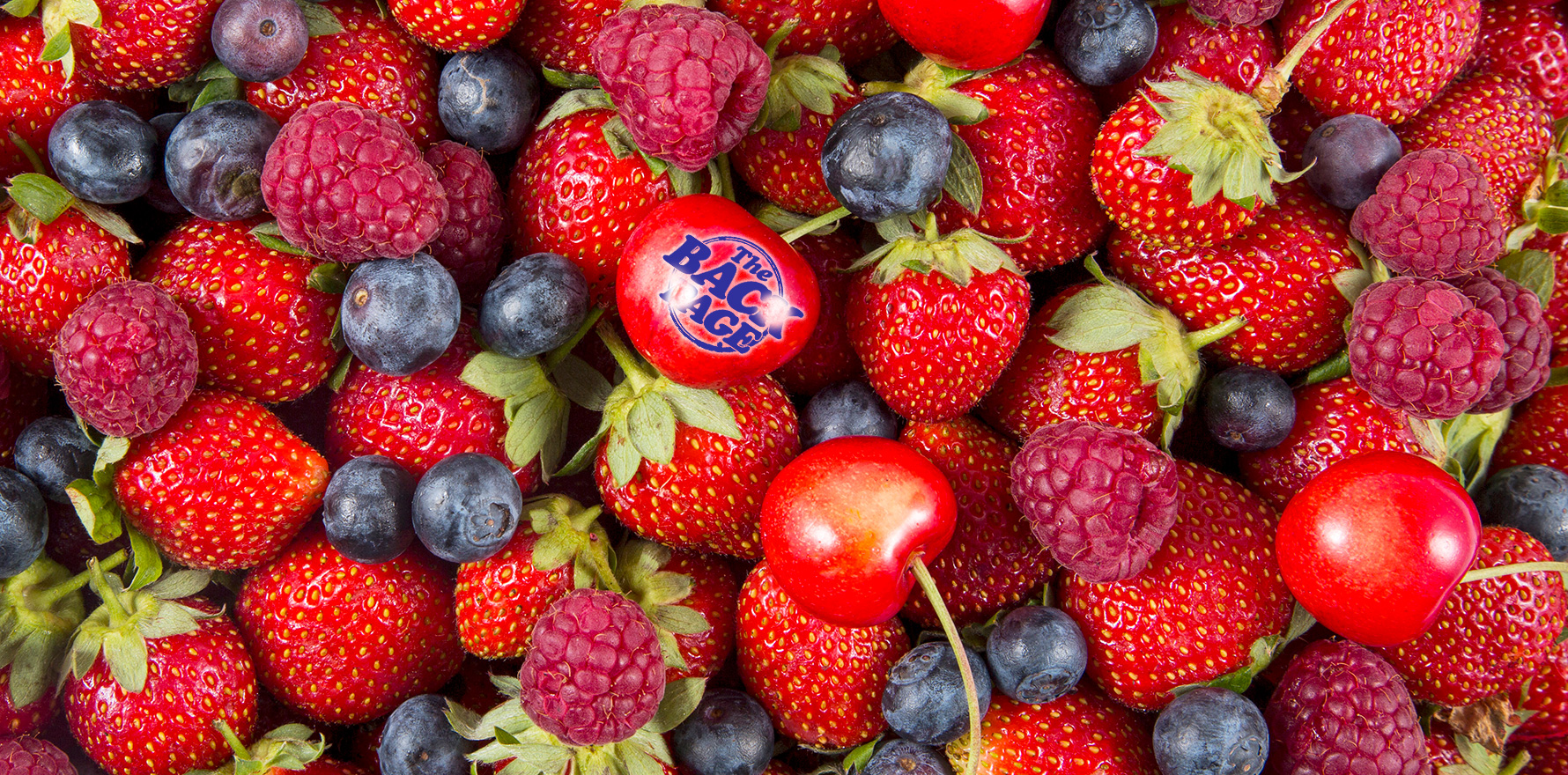Dementia prevention has never tasted better.
Aren’t the blueberries lovely at the moment?
The Back Page household has been ploughing through punnets of these little balls of delight, and this news from JAMA Network Open is not likely to slow our rate of consumption.
We stress that it’s JAMA, not Journal of Food Woo, as superfood-type stories tend to go in our heard-it-all-before or yeah-right folders. When they suggest health benefits from drinking red wine or eating dark chocolate, they are cross-indexed with too-good-to-be-true and who-funded-this.
But this decently sized study using UK Biobank data does seem to suggest a worthwhile reduction in dementia risk from loading up on tea, red wine and berries – at least if you have certain risk factors.
They took diet data from 122,000 Biobank participants (mean age 56) and made a “flavodiet” score for each one, based on their daily consumption of tea (black and green), red wine, apples, berries, grapes, oranges, grapefruit, capsicums, onions, and dark chocolate.
Those in the highest quintile had a nearly 30% lower risk of acquiring dementia over the nine years of follow-up than those in the lowest.
There was a more pronounced effect in those with genetic predisposition to dementia (43% lower), depressive symptoms (48% lower) and hypertension (30% lower). Outside those categories, the association went away.
Those with the best flavodiet scores, it must be noted, were also more likely to be physically active, have lower BMI and have less socioeconomic deprivation.
When they deconstructed the flavodiet scores into dietary components, the associations went away after removing tea, red wine and berries, making those the load-bearing foods.
The greatest risk reduction was in people who consumed at least two of the following per day:
- five servings of tea
- one serving of red wine
- half a serving of berries
compared with those who did not manage any of these.
Proposed mechanisms for neuroprotection from flavonoids “include reducing neuroinflammation; improving cerebrovascular blood flow, with many flavonoid metabolites able to permeate the blood-brain barrier and mediate the microbiome-gut-brain axis; and modulating major neuronal signal transduction pathways associated with synaptic plasticity”, the authors write.
Studies have also shown inverse associations between flavonol, flavone, and flavanone intakes and depression risk, while higher intakes of anthocyanins, polymers, and the proanthocyanidin component of the flavan-3-ol polymer class have been associated with lower blood pressure.
Epicatechin, a flavonoid found in tea, “inhibits and disrupts the pathologic functions of APOE”, the gene with a variant predisposing people to Alzheimers, “including modulating the interaction with amyloid-β, the main component of amyloid plaques in the brain that are markers of Alzheimer disease”.
Meanwhile, depression “activates many of the mechanistic pathways known to be targeted by flavonoids, including increased proinflammatory cytokines, reduced cerebral blood flow, and modified vascular risk factors”.
And if you’re feeling excluded because of the emphasis on tea, there’s this Chinese study in Nature – also using UK Biobank data – about both tea and coffee reducing dementia risk in people with hypertension.
Send juicy story tips to penny@medicalrepublic.com.au.


